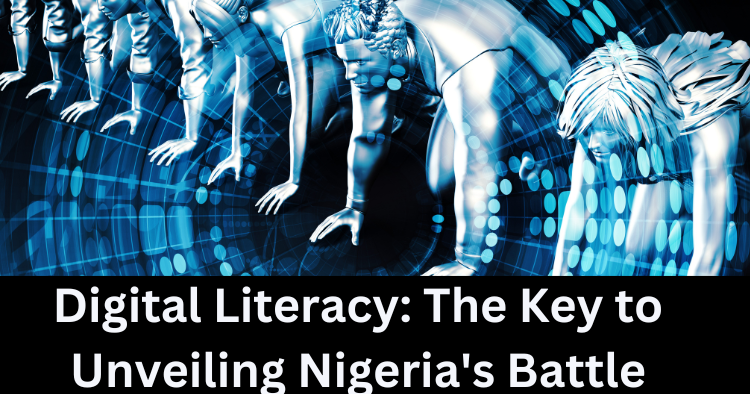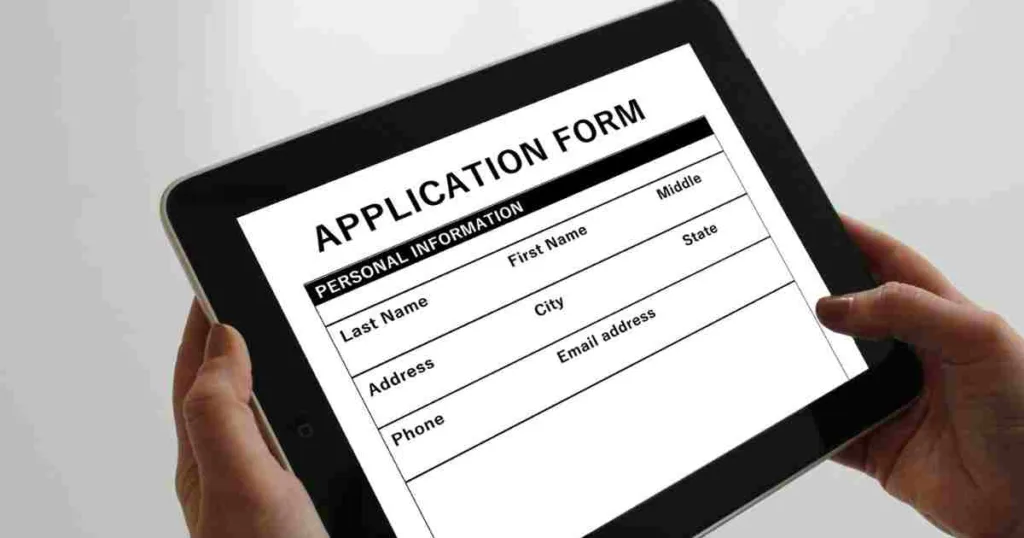Digital Literacy: The Key to Unveiling Nigeria’s Battle Against Online Fraud

In a world where connectivity is king, the battle against online fraud has taken center stage. At the recent 4th Africa Financial Technology Congress held in Lagos, Chika Nwosu, the Chief Executive Officer of PalmPay, a prominent fintech company in Nigeria, delivered a compelling message. He emphasized the critical role of digital literacy in safeguarding consumers and tackling the surge in online fraud cases.
As Nigerians increasingly embrace electronic platforms for transactions once dominated by cash, the need for digital literacy becomes paramount. Nwosu believes that an informed consumer is an empowered one, capable of prioritizing online safety.
“Being online safety conscious is as simple as having a two-step verification on WhatsApp to prevent hackers,” Nwosu stated. He pointed out that most online fraud cases involve consumers unknowingly giving consent to fraudsters, making digital literacy a crucial defense.

Nwosu also highlighted various risks associated with the rapid expansion of connectivity, including fake news, personal information leakage, and financial scams. To address these challenges, banks and fintech players in Nigeria have developed robust infrastructure to safeguard customer accounts and detect and remedy fraud quickly.
PalmPay, in particular, employs a risk management strategy that considers user identity, network preferences, behavior, device patterns, and fundamental data. This approach creates a closed-loop process for efficient risk control, enabling the rapid identification of concerns such as fake accounts, fraudulent marketing, and security breaches.
As part of their commitment to user education and security, PalmPay conducts a monthly Wallet Safety Workshop, designed to enhance users’ security knowledge and equip them with the skills to identify and thwart e-scammers.
The urgency of addressing online fraud is underscored by recent statistics from the Financial Institutions Training Centre (FITC). Their report on Fraud and Forgeries in Nigerian banks for Q2, 2023, reveals a staggering 276.98% increase in fraud cases during this period. The surge is directly linked to the growing adoption of internet connectivity and digital payment solutions in Nigeria.
In a world where online threats are evolving, digital literacy is not just a shield; it’s the sword that will empower Nigerians to navigate the digital landscape safely and securely












Great 👍👍👍